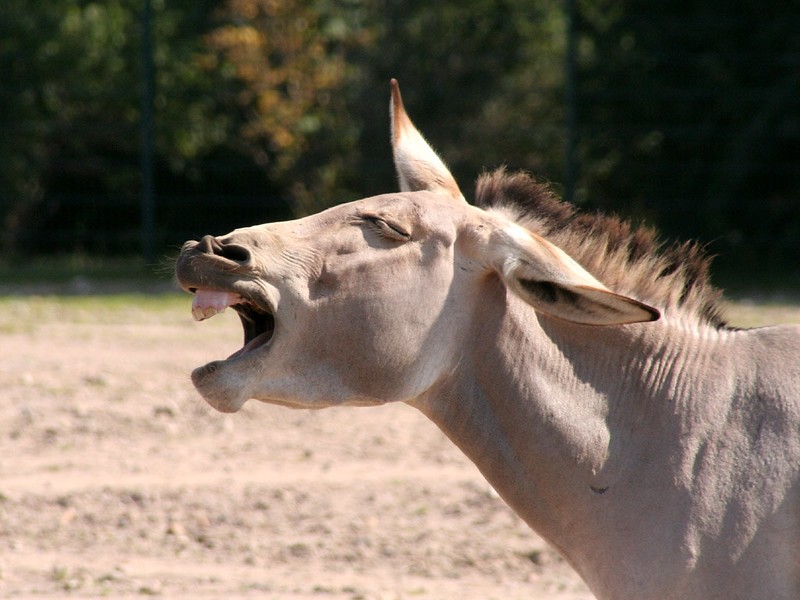“This is a truly momentous result for the welfare of donkeys in Africa,” said Marianne Steele, the Chief Executive of The Donkey Sanctuary, an organization dedicated to the protection and welfare of donkeys worldwide.
“Donkeys are sensitive and intelligent creatures who deserve protection for their own sakes and for the countless communities who rely on them,” she explained. “It’s our hope that this decision will act as a catalyst for the rest of the world to act now, not just to save our donkey populations but to actively recognize their value and protect them properly.”
The ban is designed to safeguard the continent's approximately 33 million donkeys and the communities that depend on them from the theft, trafficking, and slaughter of the animals.
The skins are in demand in China, where the collagen extracted from them is used to make a traditional medicine ingredient called “ejiao,” “colla corii asini,” or “donkey-hide glue.”
The heads of state of the African Union, comprising all the countries on the continent, met on February 17-18 in Ethiopia at the 37th Ordinary Session of the body’s Assembly to ratify various motions, including the ban on the donkey skin trade, proposed by the Specialized Technical Committee on Agriculture, Rural Development, Water, and Environment in November last year.
At least 5.9 million donkeys are slaughtered worldwide each year for their skin to meet the demand for ejiao. African countries have become the main suppliers, along with Latin American countries such as Brazil.
The illicit donkey trafficking industry is brutal. Donkeys are held for days without shelter or care awaiting slaughter, moved and kept in filthy conditions, and deprived of food and water. The slaughterers do not even spare pregnant mares or injured donkeys.
Communities also suffer greatly when their donkeys are stolen, as they are the livelihoods of hundreds of millions of people living in rural regions. In fact, women and girls are disproportionately affected, as they are forced to do the work that donkeys used to do, such as transporting food, cutting them off from educational opportunities.



